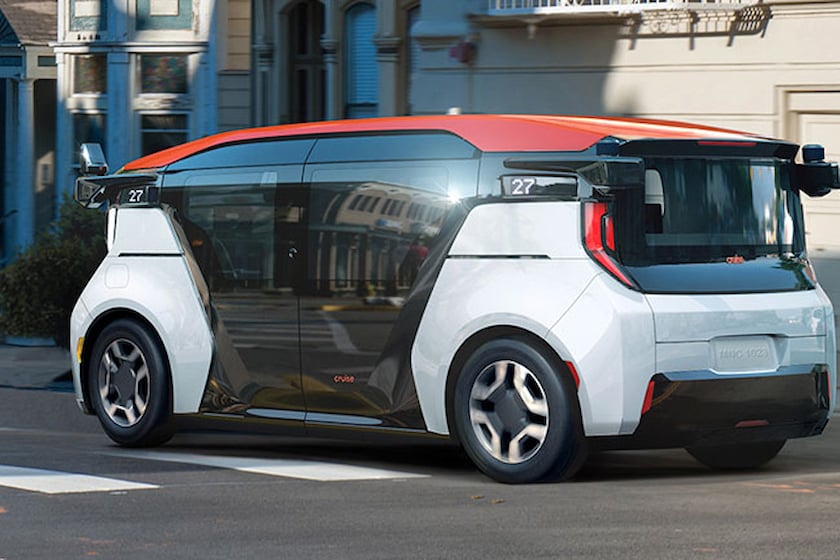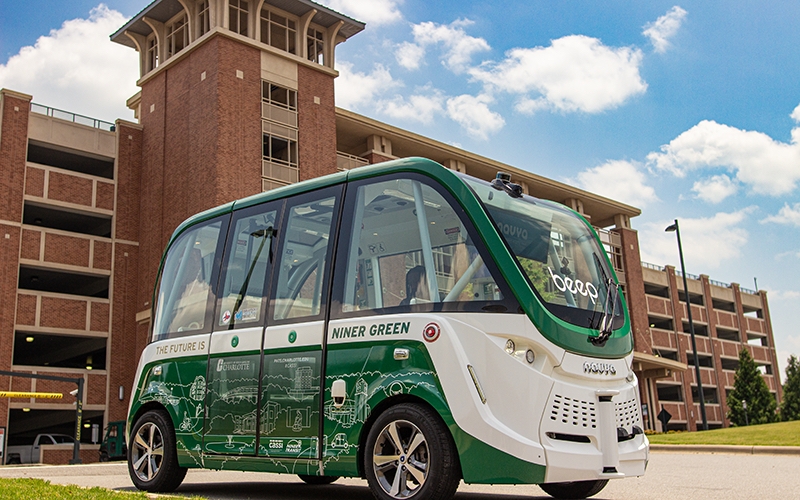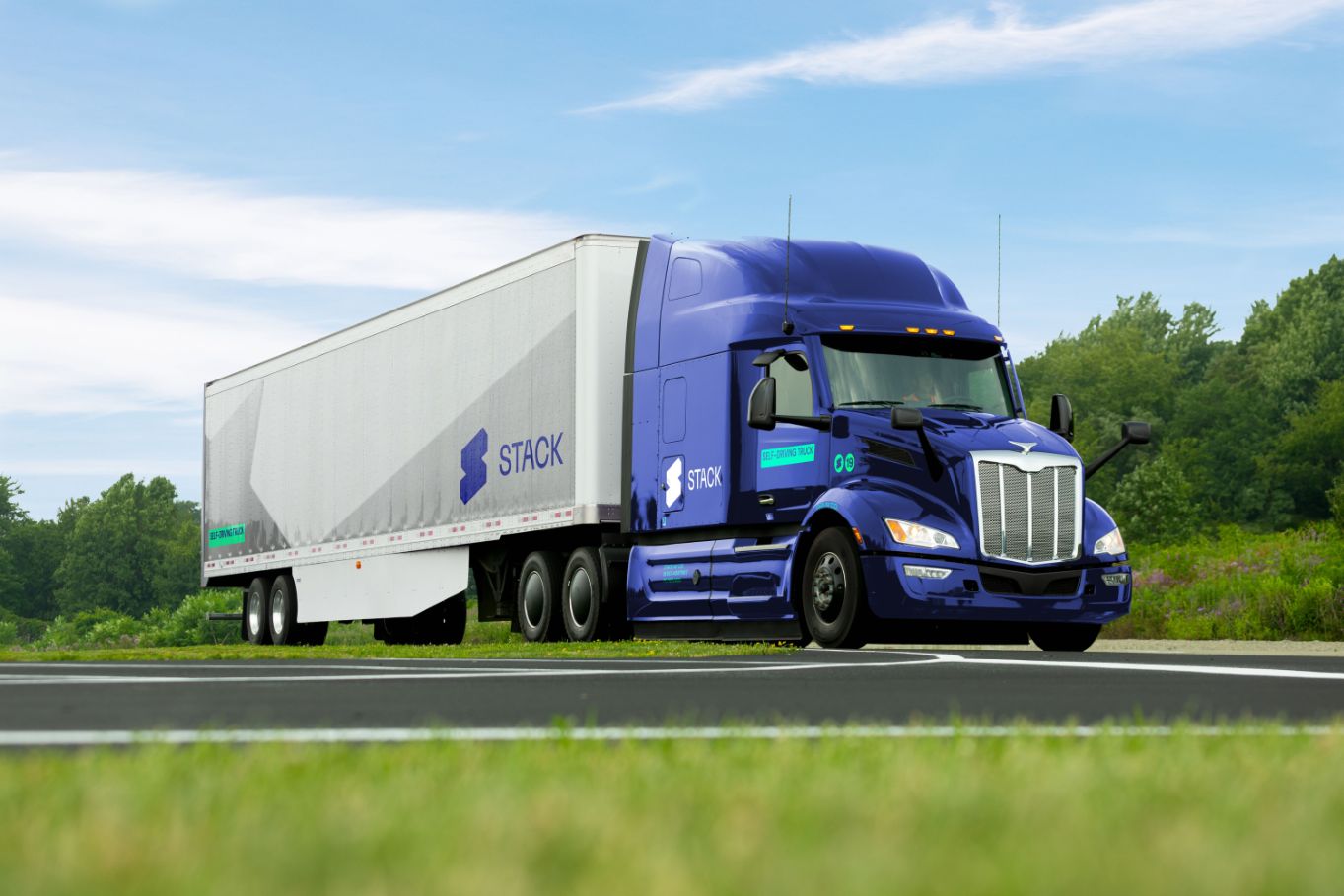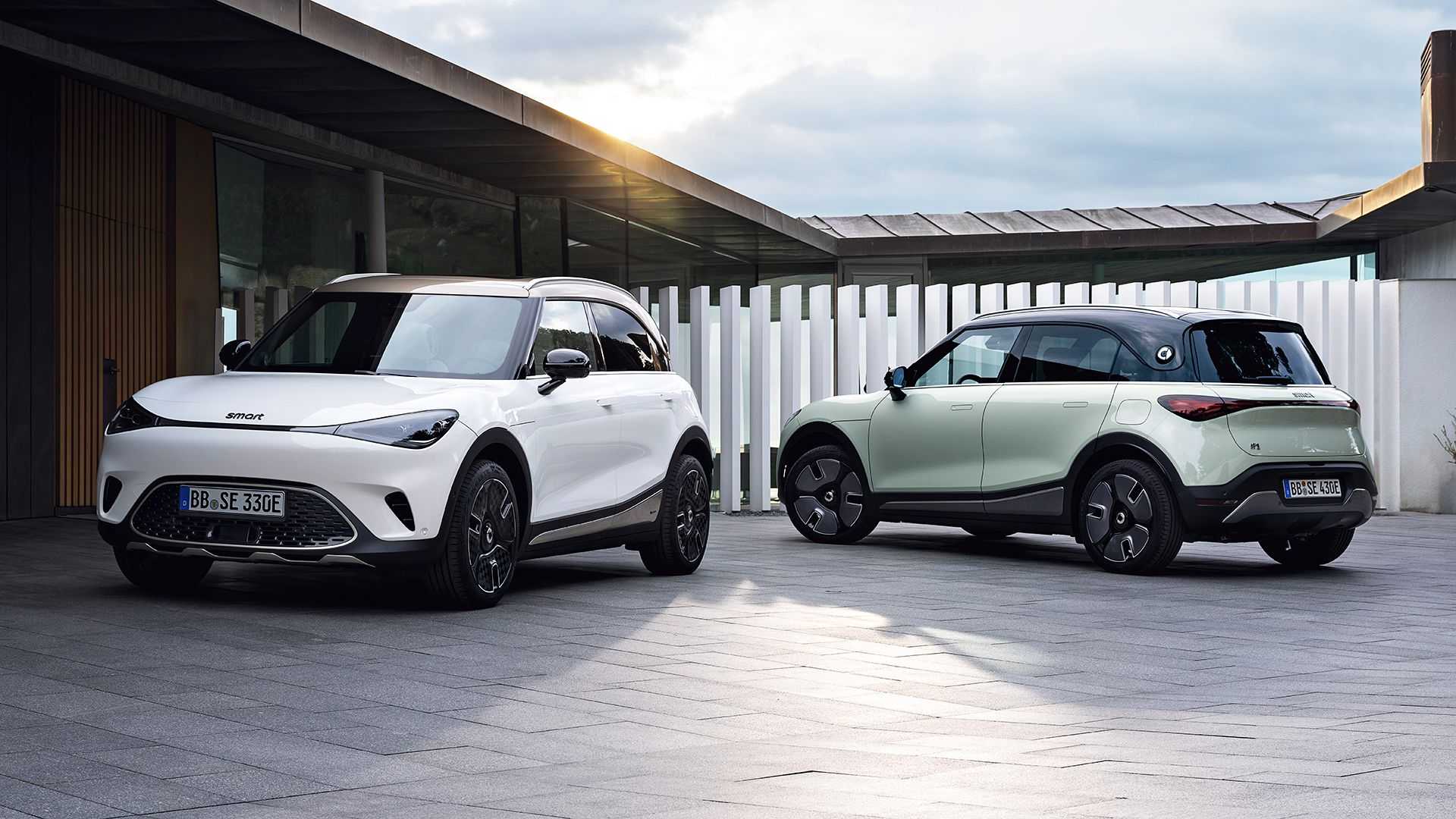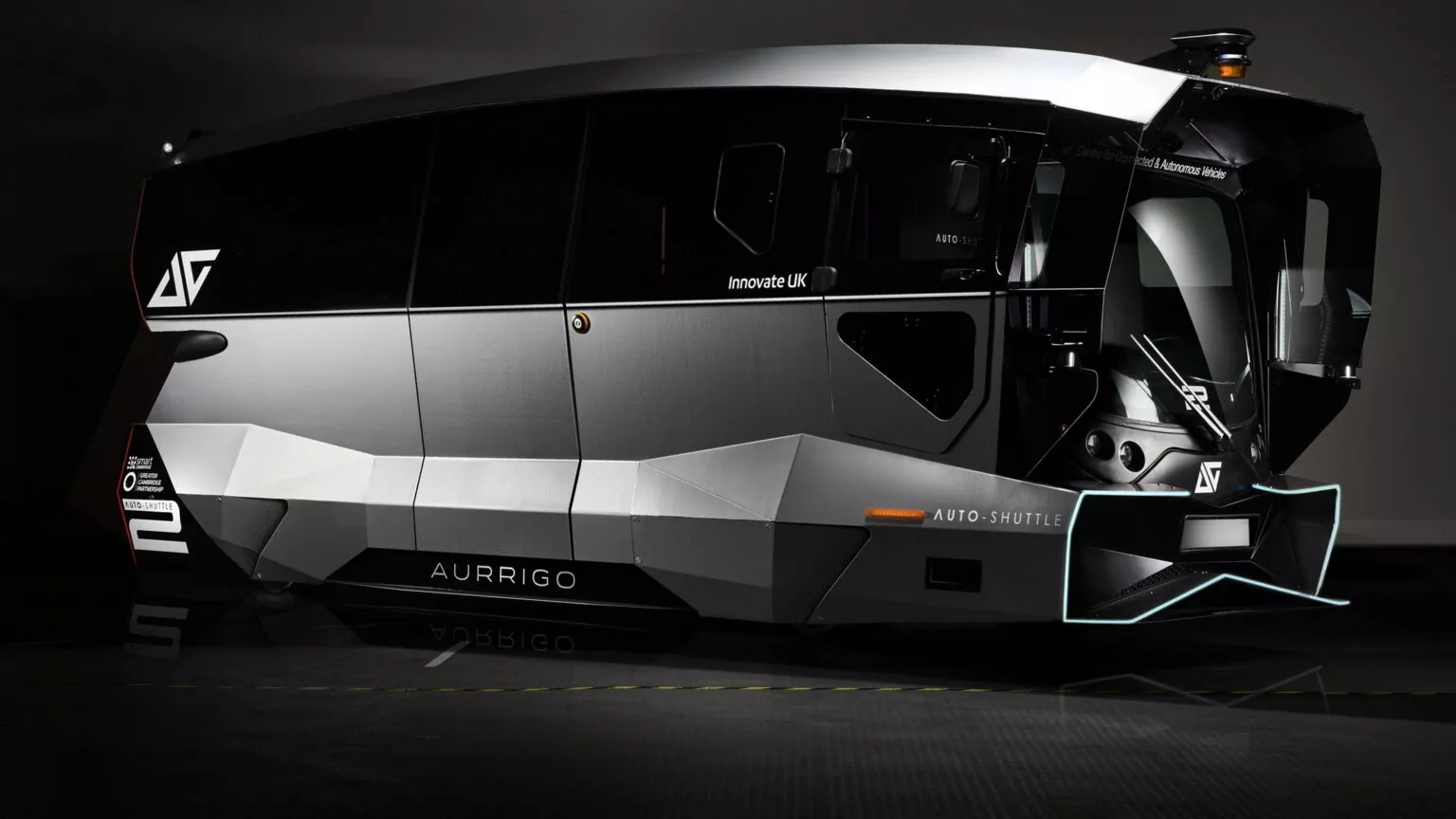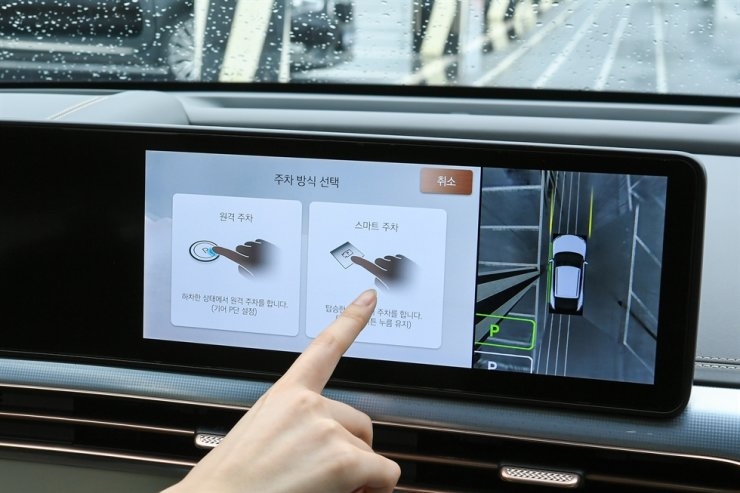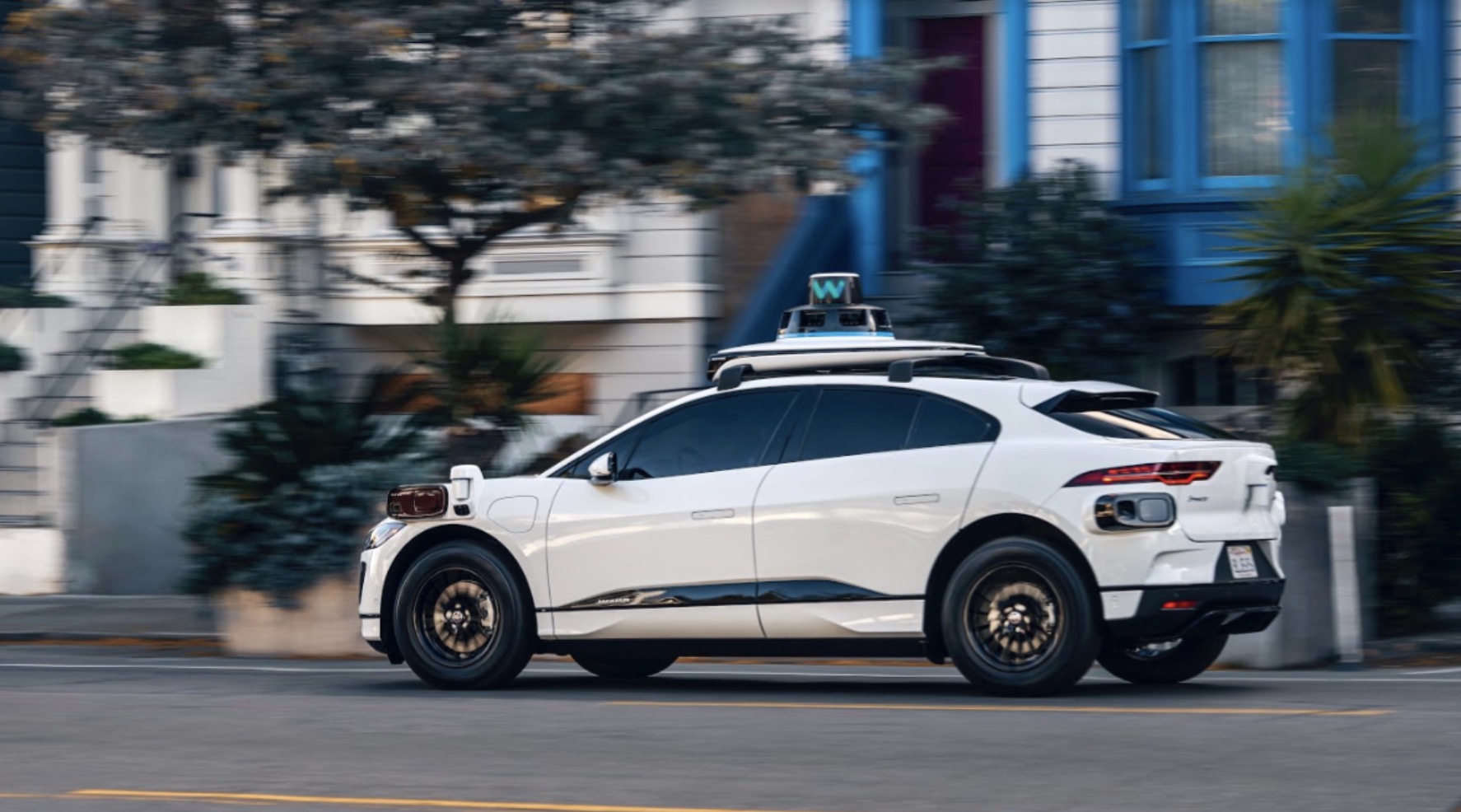Cruise, the self-driving subsidiary of General Motors, has announced that it is on the brink of receiving official approval from the National Highway Transport Safety Administration (NHTSA) to commence mass production of its purpose-built Origin autonomous vehicle. The Origin, notably devoid of a steering wheel or pedals, represents a significant milestone in the autonomous vehicle industry.
Kyle Vogt, CEO of Cruise, made this announcement during a Goldman Sachs conference, asserting that rigorous testing and validation had already been conducted. Vogt stated, “We’ve tested and validated it. We actually have run the Origin on public roads, both in Austin and San Francisco, we’re testing it. And, we are, from what we’ve heard from the NHTSA, just days away from the last regulatory approval which would let us start production and almost immediately start putting these vehicles on the road.”
It’s important to note that the NHTSA’s official confirmation of this approval is still pending.
Securing NHTSA approval entails obtaining an exemption from current federal safety standards, which were primarily formulated with more conventional vehicles in mind. Vogt’s announcement comes at a critical juncture for Cruise.
While the company has been expanding its data collection and testing, particularly with its existing Chevrolet Bolt self-driving taxis, it has faced growing criticism, especially in San Francisco. Critics have voiced concerns about the self-driving taxis causing traffic disruptions and potentially obstructing first-responder vehicles.
Vogt revealed that Cruise is currently operational in 15 cities across 10 states, with recent additions including Nashville, Tennessee, Miami, Florida, and Charlotte, North Carolina. However, these expansions have occurred against a backdrop of disputes in San Francisco.
Despite the California Public Utilities Commission granting Cruise permission to operate commercial services around the clock in the city, residents and local organizations have raised objections. San Francisco City Attorney David Chiu appealed CPUC’s decision, prompting Cruise to agree to reduce its fleet size following a couple of accidents in the city.
Addressing the situation in San Francisco, Vogt emphasized, “Having the largest fleet, driving more miles than anyone else, this is sort of simple logic that if there are rare events that can happen on the road, we’re probably going to see them first.” He pledged to collaborate with regulators to facilitate their investigations.
Vogt also criticized the media’s handling of the autonomous vehicle industry, stating, “There’s a massive double standard here between the attention and sensationalism around AVs versus the tragic status quo on our roads that we’ve normalized. If we don’t keep the focus on road safety, I worry that we’re going to set society back a decade.”
Highlighting the benefits of the Origin vehicle, Vogt emphasized its lower production cost compared to the Bolt, attributing this cost reduction to simplified sensors, software, and computer systems. Additionally, he pointed out that the Origin is designed to have an extended lifespan, aiming to last a million miles, a dramatic increase compared to the average car’s lifespan of 150,000 to 200,000 miles. This longevity, combined with lower upfront costs, holds the potential to significantly reduce the cost per mile of operating these vehicles, a key factor for profitability.

